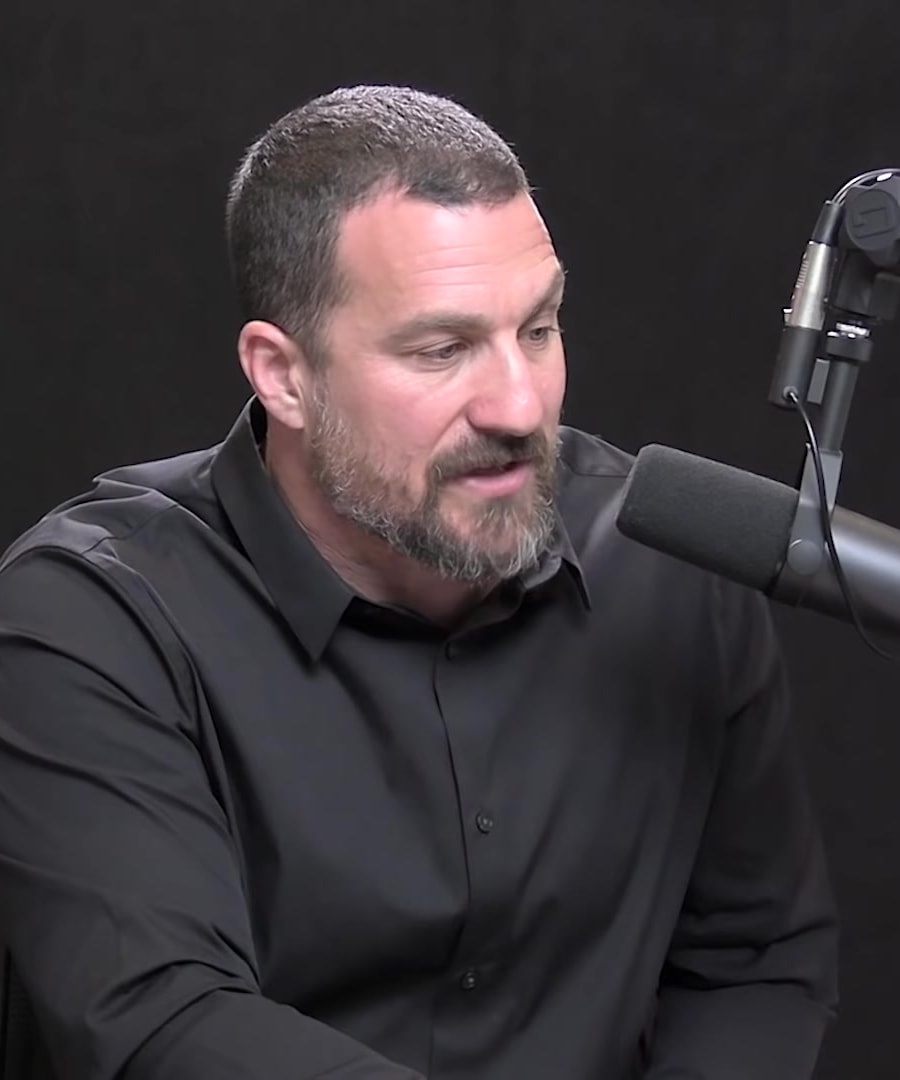What are effective lifestyle changes to combat anxiety?
Sources:
Effective lifestyle changes that can help you manage anxiety include:
-
Quality nutrition and sleep: Ensuring regular and ample sleep and following a nutritious diet allows the autonomic nervous system to function better, supporting mental and physical health, and reducing fear and trauma-related anxiety 1.
-
Regular exercise: Particularly resistance training has been shown to be beneficial for hormone health, which in turn can influence mood regulation 2.
-
Stress management: Techniques to optimize cortisol levels and mental health can help mitigate the impacts of stress on your body 2.
-
Breathing techniques: Simple methods like a double inhale followed by a longer exhale can calm the autonomic nervous system rapidly. More intensive breath work can be used for stress inoculation, helping you become more comfortable in stressful situations 3.
-
Sunlight and outdoor activities: Spending time outdoors in sunlight can improve your mood and help with stress and sleep optimization 2.
-
Spirituality or personal belief support: Maintaining a healthy spiritual life or personal belief system, whatever that might be for you, as it can profoundly impact your overall well-being 2.
-
Cold exposure: Practices like cold showers or ice baths can increase stress resilience and extend dopamine release, which is beneficial for mood regulation and decreasing anxiety 4.
Remember to implement these changes gradually and consistently for the best results.
RELATED QUESTIONS-
I'd like some nutritional advice to help with anxiety.
Sources:
To address anxiety through nutritional means, discusses various nutritional and supplementation strategies:
-
Serotonergic Pathway Supplements: Supplements like 5-HTP and tryptophan, which are involved in the serotonin pathway, may offer benefits similar to SSRIs by increasing serotonergic transmission, which can improve symptoms of disorders like OCD and potentially anxiety as well 1.
-
Inositol: Specifically myo-inositol at a dosage of around 900 mg could improve sleep and reduce anxiety; however, caution is advised as it could have similar side effects to prescription drugs 1.
-
Ashwagandha: Known to lower cortisol levels (a stress hormone), ashwagandha could help manage stress, which is closely linked with anxiety. Studies demonstrate its ability to decrease cortisol and offer additional benefits like lowering cholesterol and reducing stress, but recommended dosages should be checked, and it's not for long-term or continuous use 2.
-
Lifestyle and Supplementation Support: Quality nutrition and sleep are foundational elements for mental and physical health, which indirectly support the management of fear, trauma, and anxiety. Sleep, in particular, ensures proper function of the autonomic nervous system, crucial for emotional regulation 3.
It's important to note that the effectiveness of these approaches can vary between individuals, and you should consult with a healthcare professional before beginning any new supplement regimen, especially since they can interact with medications and have side effects.
RELATED QUESTIONS-
What are effective lifestyle changes to combat anxiety?
- RELATED QUESTIONS
I'd like some nutritional advice to help with anxiety.
- RELATED QUESTIONS




